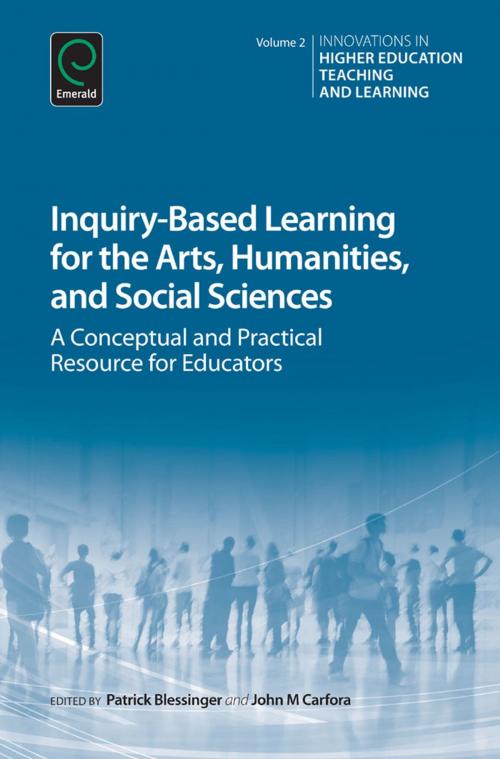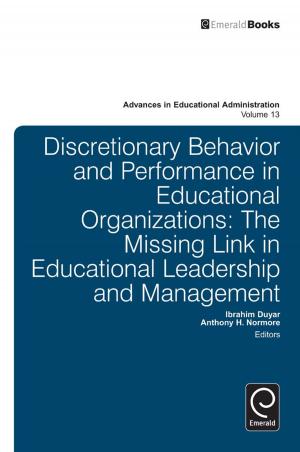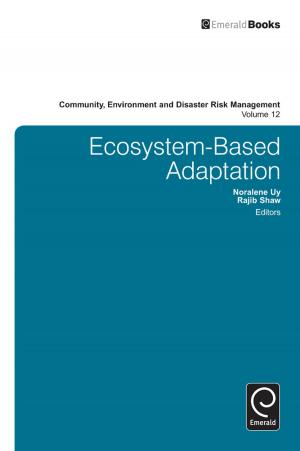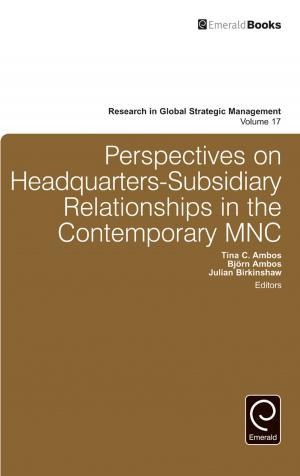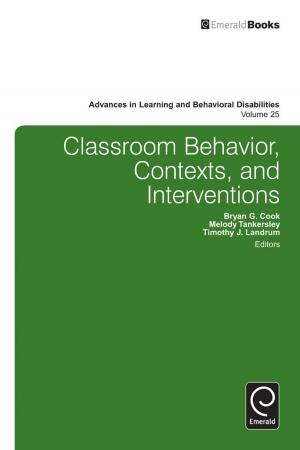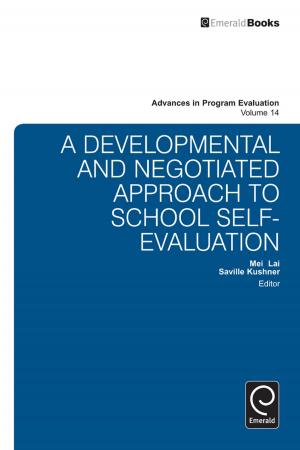Inquiry-Based Learning for the Arts, Humanities and Social Sciences
A Conceptual and Practical Resource for Educators
Nonfiction, Reference & Language, Education & Teaching| Author: | ISBN: | 9781784412364 | |
| Publisher: | Emerald Group Publishing Limited | Publication: | December 15, 2014 |
| Imprint: | Emerald Group Publishing Limited | Language: | English |
| Author: | |
| ISBN: | 9781784412364 |
| Publisher: | Emerald Group Publishing Limited |
| Publication: | December 15, 2014 |
| Imprint: | Emerald Group Publishing Limited |
| Language: | English |
Inquiry-based learning (IBL) is a learner-centered and active learning environment where deep learning is cultivated by a process of inquiry owned by the learner. IBL has its roots in a constructivist educational philosophy and it is oriented around at least three components: 1) exploration and discovery (e.g. problem-based learning, open meaning-making), 2) authentic investigations using contextualized learning (e.g. field studies, case studies), and 3) research-based approach (e.g. research-based learning, project-based learning). IBL encourages more self-regulated learning because the primary responsibility is on the learners to determine the issues and research questions and the resources they need to address the questions. In this way, learning occurs across all learning domains (affective, cognitive, and social) because different types of knowledge are acquired though experience with complex, real-life problems. This volume serves as a conceptual and practical resource and guide for educators and offers practical examples of IBL in action and diverse strategies for how to implement IBL in different contexts.
Inquiry-based learning (IBL) is a learner-centered and active learning environment where deep learning is cultivated by a process of inquiry owned by the learner. IBL has its roots in a constructivist educational philosophy and it is oriented around at least three components: 1) exploration and discovery (e.g. problem-based learning, open meaning-making), 2) authentic investigations using contextualized learning (e.g. field studies, case studies), and 3) research-based approach (e.g. research-based learning, project-based learning). IBL encourages more self-regulated learning because the primary responsibility is on the learners to determine the issues and research questions and the resources they need to address the questions. In this way, learning occurs across all learning domains (affective, cognitive, and social) because different types of knowledge are acquired though experience with complex, real-life problems. This volume serves as a conceptual and practical resource and guide for educators and offers practical examples of IBL in action and diverse strategies for how to implement IBL in different contexts.
